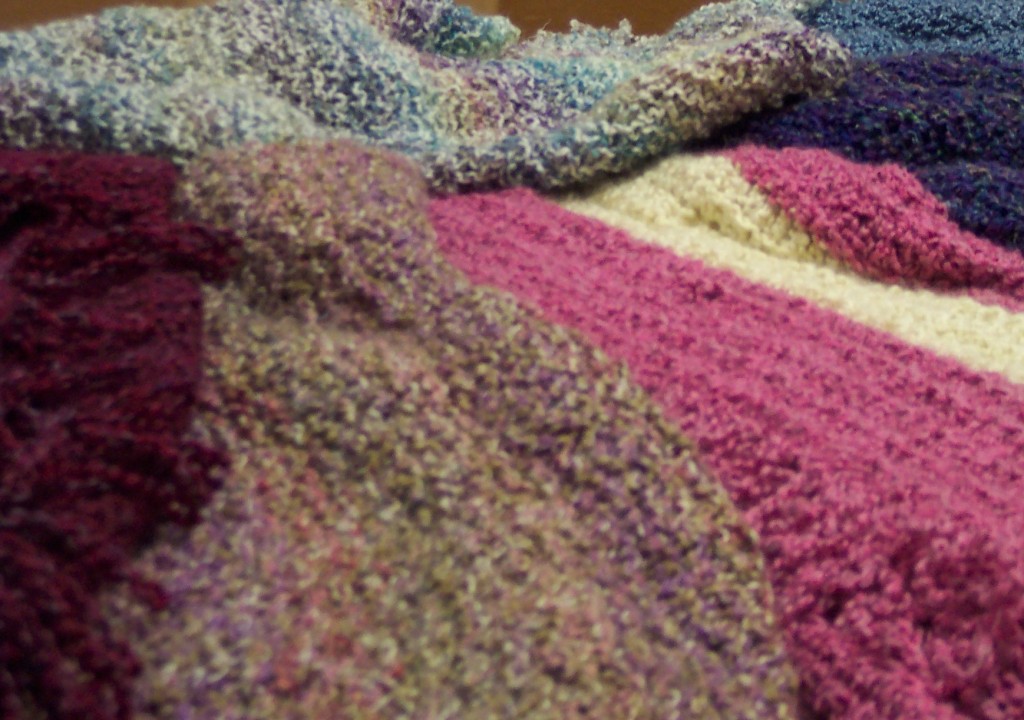by Maria Evans
“The church is a hospital for sinners, not a museum for saints.” —attributed to Augustine of Hippo, John Chrysostom, and Abigail Van Buren, among others; take your pick.
We don’t really know who actually said this phrase, and a few quick searches on my behalf never really gave me a definitive answer—but in this case, it’s what was said that matters, not particularly who said it.
Sometimes, it seems, when we most want to BE the church, we get too hung up on our own senses of our own imperfections—or the intolerance of our own imperfections of others. The secular and at times anti-theistic world points the fingers in our direction, saying that the church is responsible for too much evil—and they’re right enough to have traction, unfortunately. Folks give up on church, often not because they’ve given up on God, but because they’re simply sick of dealing with “church people,” or they’re burned out on committees, vestries, or petty congregational bickering. Sometimes, we suffer from the weight of our own imperfections and unreasonable expectations of ourselves—we’re never good enough, and at times we acutely, painfully, exquisitely know it.
Something happened in my life recently that taught me a valuable lesson about all that imperfection, and it came from the strangest place—the end of a crochet hook.
Here’s a strange confession: I’ve always wanted to be able to make my own hats and scarves, whether it was knitting them or crocheting them. When I became a member of my congregation, I always felt like an outsider with the various ministries we’ve done with knitted hats and scarves—whether it’s the annual Mitten Tree, or for the homeless, or whatnot. But my being left-handed always made this difficult, and it seems that every time someone tried to teach me, either they threw up their hands in frustration or I threw a hissy fit at my own ineptitude and gave up.
Well, at age 54, this left-hander has finally learned to crochet—at least the very simple stuff—enough to make hats and scarves without a pattern—thanks to a very patient person from my home congregation.
Right now, I’m making a scarf for myself and I did something very unlike me. I decided not to give in to my perfectionistic nature. Here’s the deal: I figured out I wanted this scarf to be about 30 stitches wide using this great multi-colored yarn I picked out. While watching Mizzou football, I looked down and had somehow managed to accidentally add two stitches to the row—32 stitches—for several rows. I was just about to have a bit of a temper tantrum and go on a row-pulling binge, until I thought, “Wait a minute. I can reduce two stitches and get back to 30. And I still have a really great scarf with a unique and fun pattern.”
As I got back to the rows the way they were supposed to be, I could tell there was going to be an imperfection in the pattern—in fact, I’d changed the color pattern distribution—but it wasn’t like I was trying to make neat even rows anyway, because it’s a variegated yarn. It will still be a scarf. It will still be warm. It will be a scarf like no other one on the planet, in fact.
As I moved along on my new path of 30 stitches per row, I realized a few more things. No one—neither a homeless person nor one of my best friends—would ever refuse this scarf as a gift, even with the imperfections. If someone did, I suspect I would just think they were being a jerk.
I wonder what would happen if we, as communities of faith, concentrated more on making warm scarves instead of getting stressed out about counting the stitches. I think some communities are already going through this process, but there’s definitely room for growth. (See any of the threads on any of the social media groups that are effectively asynchronous chat rooms for Episcopalians for details.)
I don’t know how to do that, exactly, and I have no authority to tell anyone else how to do it, but I do know for me, something changed inside of me when I stopped trying to slap a label on everyone else in my parish, and started concentrating on how I could help being the change in my community by dealing with my own stuff, when it came to my attitudes of perfection. I still have a lot of work to do, but I’ve learned from my new scarf that if you make that scarf long enough, the imperfections simply become part of a beautiful and unique pattern.
What beautiful and unique patterns emerge in our communities when we begin to work with our imperfections?
Maria L. Evans is a surgical pathologist in Kirksville, Missouri, a grateful member of Trinity Episcopal Church, and a postulant to the priesthood in the Episcopal Diocese of Missouri. She occasionally finds a moment to write on her blog, Kirkepiscatoid.

